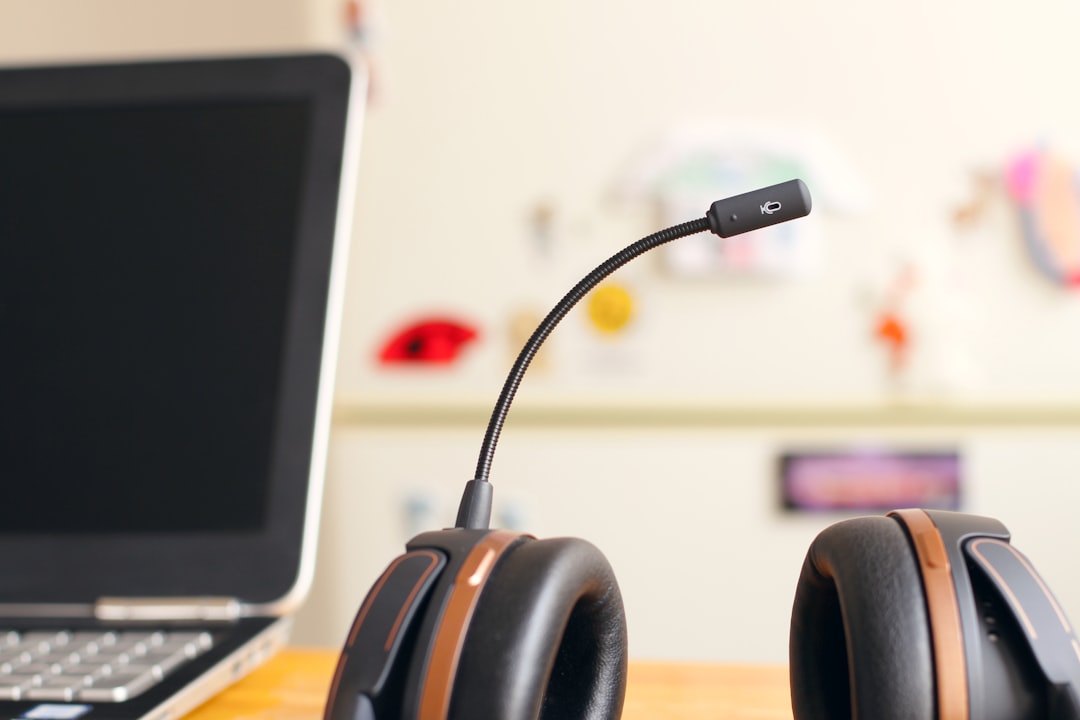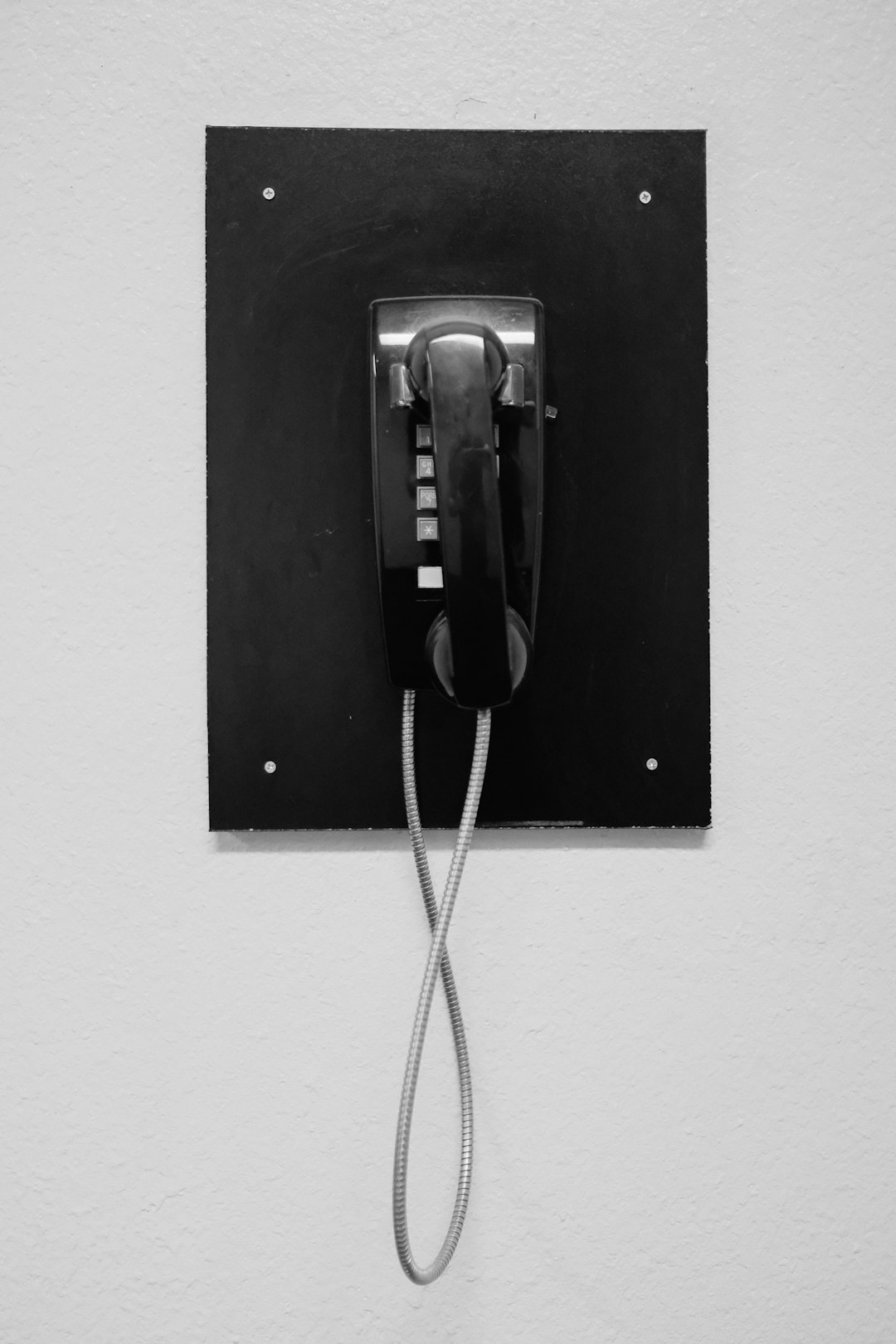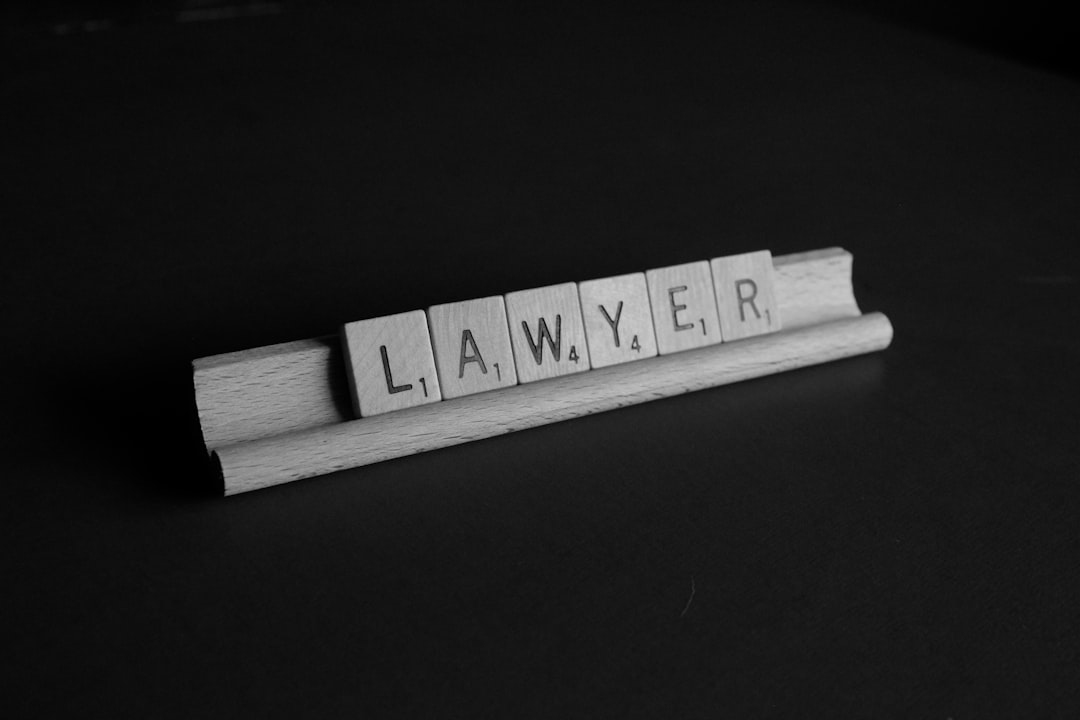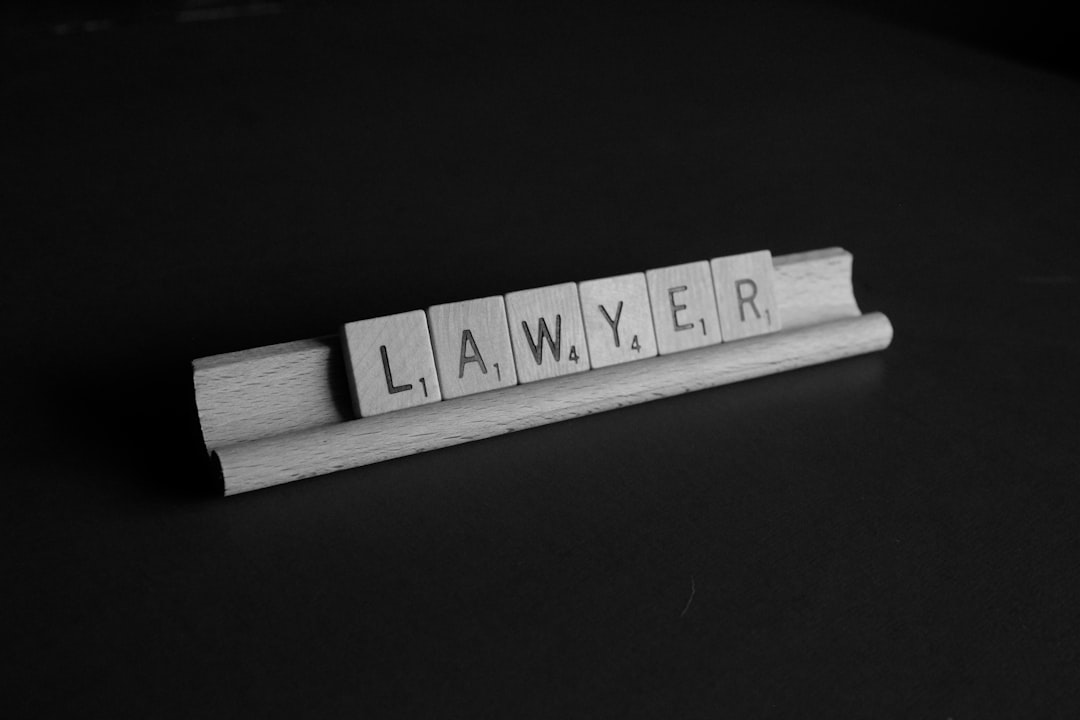Georgia's Auto Dialer Law restricts non-consented marketing calls but allows educational uses. Woodstock Music Schools maintain open communication through clear policies, parental consent, and student feedback channels to avoid TCPA violations, protect privacy, and enhance the learning experience. Adherence is crucial to prevent lawsuits and substantial fines from the autodialer law firm Georgia regulations.
Woodstock Music Schools face unique challenges in maintaining effective communication with students and parents. With regulations like Georgia’s Auto Dialer Law adding complexity, schools must ensure compliance while fostering open dialogue. This article explores strategies for successful student-parent communication, delving into the legal implications of non-compliance and offering insights from an autodialer law firm in Georgia. Key topics include understanding state laws, best practices, and navigating potential risks to ensure a harmonious educational experience.
Understanding Georgia's Auto Dialer Law for Schools

In Georgia, schools must navigate a specific legal framework regarding student and parent communication, particularly with the use of auto dialers. The state’s Auto Dialer Law restricts schools from using automated phone systems for marketing or promotional purposes without explicit consent. This law, overseen by an autodialer law firm in Georgia, ensures that students and parents remain protected from unsolicited calls. Schools can, however, utilize these technologies for important educational and administrative communications as long as they obtain prior permission from recipients.
Compliance with the Auto Dialer Law involves schools developing clear policies on automated calling, obtaining opt-in consent from families, and maintaining robust records of these permissions. Failure to adhere to these regulations can result in penalties, underscoring the importance of understanding and adhering to Georgia’s Auto Dialer Law for Schools.
Best Practices for Student and Parent Communication

Maintaining open and effective communication is vital for Woodstock Music Schools’ success in managing student and parent expectations. Best practices include establishing clear channels for feedback, such as regular meetings or a dedicated communication platform, ensuring accessibility for both parties.
For parents, providing transparent updates on academic progress, extracurricular activities, and any policy changes related to the autodialer law firm Georgia regulations is essential. Similarly, students should feel empowered to voice concerns, share suggestions, and be actively involved in their educational journey. Regular, two-way communication fosters trust, encourages collaboration, and ultimately enhances the overall learning experience.
Legal Implications for Non-Compliance in Music Schools

Non-compliance with communication regulations can have significant legal implications for music schools, especially those offering courses in Georgia. The state’s autodialer laws are designed to protect students and parents from unsolicited marketing calls, ensuring fair and transparent communication practices. Failure to adhere to these rules may result in substantial fines and damage to the school’s reputation.
Music schools must be mindful of the types of communications they initiate and the methods used to deliver them. Schools found guilty of violating the autodialer law, also known as the Telephone Consumer Protection Act (TCPA), can face lawsuits and penalties. Parents and students have the right to privacy and consent when it comes to educational marketing efforts. Therefore, music schools should establish comprehensive communication strategies that respect these rights, ensuring compliance with both state and federal regulations.






